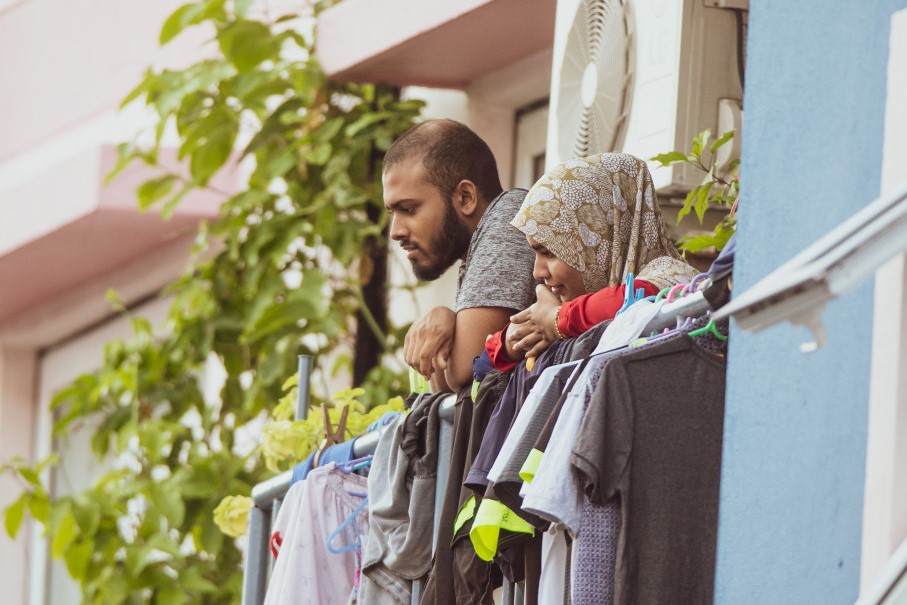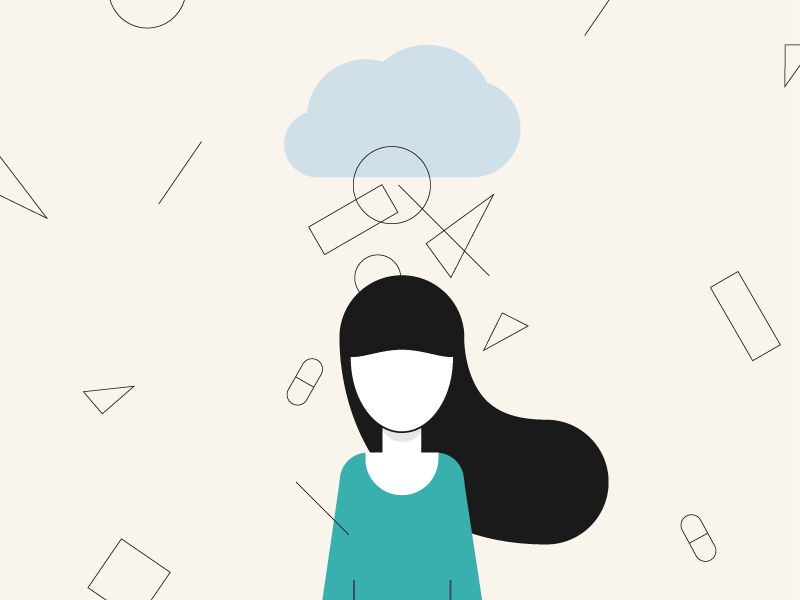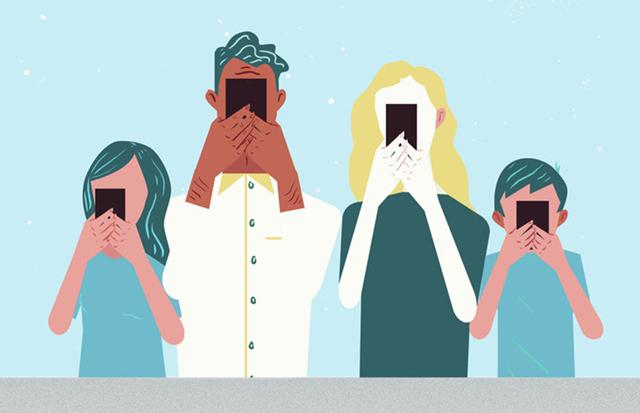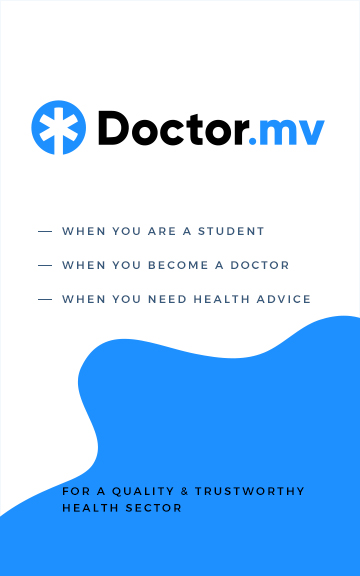
Everyone reacts in different ways to difficult situations. It is very normal to have feelings of stress,confusion and worry during a crisis such as the current Covid19 pandemic. Since stress and anxiety are normal psychological and physical reactions to everyday demands of life, it can at times be overwhelming and push us beyond our ability to cope.
The COVID-19 pandemic has likely brought many changes to how we live our life now. We feel uncertain, our daily routines already altered, financial pressures may rise up and social isolation can be depressing.
We may be unconsciously worrying about many things like getting sick, how long the pandemic will last and what the future will bring us. Information overload, rumors and misinformation can make our life feel out of control and make it unclear as of what to do first and next.
Worries and anxiety about COVID-19 and its impact like we already said may be draining our mental health. Social distancing can make it even more challenging. Depression and feeling low can be the new norms of everyday life.
That being said, feelings may keep changing everyday. Despite our best efforts, we may find ourselves feeling helpless, sad, angry, irritable, hopeless, anxious or afraid at times. We may have trouble concentrating on simple tasks, our appetite may change, we may have unexplained body aches, pain and fatigue.
We may find it difficult to sleep or shut our body clock. We may even struggle to attend to everyday routine chores. This can be a lot on our mental health and we remind you, you are not alone.
 Below are listed some coping strategies of which we thought might be helpful.
Below are listed some coping strategies of which we thought might be helpful.
1. Get enough sleep. Go to bed and get up at the same times each day. Sticking close to our typical schedule, even if we’re staying at home.
2. Ensure we are getting sufficient rest and short breaks during work or between shifts.
3. Eat healthy; eat sufficient and nutritious food. Choose a well-balanced diet. Avoid loading up on junk food and refined sugar. Limit caffeine as it can aggravate stress and anxiety.
4. Drink water frequently to stay hydrated and flush out any toxins.
5. Keep a regular routine. Maintaining a regular schedule is important to our mental health. In addition to sticking to a regular bedtime routine, keep consistent times for meals, bathing and getting dressed, work or study schedules, and exercise.
6. Engage in a physical activity minimum 20-30 mins daily. Regular physical activity and exercise can help reduce anxiety and improve mood.
7. Avoid tobacco and drugs. If you smoke tobacco or if you vape, you're already at higher risk of lung disease. Because COVID-19 affects the lungs, your risk increases even more.
8. Social distancing can at times make us feel lonely but try to stay in contact with family, friends and loved ones through digital methods. Theres endless apps and gadgets at very low cost to free.
9. Limit screen time. Turn off electronic devices for some time each day, especially 30 minutes before bedtime. Make a conscious effort to spend less time in front of a screen — television, tablet, computer and phone.
 10. Relax and recharge. Setting aside time for ourselves is vital. Even a few minutes of quiet time can be refreshing and help to calm our mind and reduce anxiety. Many people benefit from practices such as deep breathing, yoga, meditation, listening to music, reading or listening to an audio book.
10. Relax and recharge. Setting aside time for ourselves is vital. Even a few minutes of quiet time can be refreshing and help to calm our mind and reduce anxiety. Many people benefit from practices such as deep breathing, yoga, meditation, listening to music, reading or listening to an audio book.
11. Limit exposure to news media. Constant news about COVID-19 from all types of media can heighten fears and add to the stress. Limit social media that may expose you to rumors and false information. Also limit reading, hearing or watching other news, but keep up to date on national and local recommendations. Look for reliable sources only.
12. Stay positive and busy. A distraction can get us away from the cycle of negative thoughts that feed anxiety and depression. Enjoying hobbies that we can do at home, identifying a new project or cleaning out that closet you really wanted to but never had the time. Time is what we have now.
13. Using our spiritual life for support. Drawing strength from prayers, keeping a portion of our time daily for the Quran, reading or listening to it; it can bring us comfort during all times.
14. Make connections. Find time each day to make virtual connections by email, texts, phone, or FaceTime or similar apps. If we are working remotely at home, checking on our co-workers and sharing ideas might be fun and productive too. Now is the time to look for new ways to evolve and grow.
15. Do something for others. Find purpose in helping the people around us, especially for the elderly and young. Simply genuinely listening to them might make them happy and in turn give you immense feelings of happiness too.
16. Some days you may feel you need people like you usually do. Turn to your colleagues, your mentor or other trusted friends and family for social support. Talk about intellectual things and what makes us happy.
17. Always be sure to follow HPA, WHO and the government recommendations on social distancing and other safety measures.
Continue these self-care practices to take care of your mental health and increase your ability to cope with life's ongoing challenges. In Sha Allah even after the current pandemic is over.



Leave a comment
0 Comments